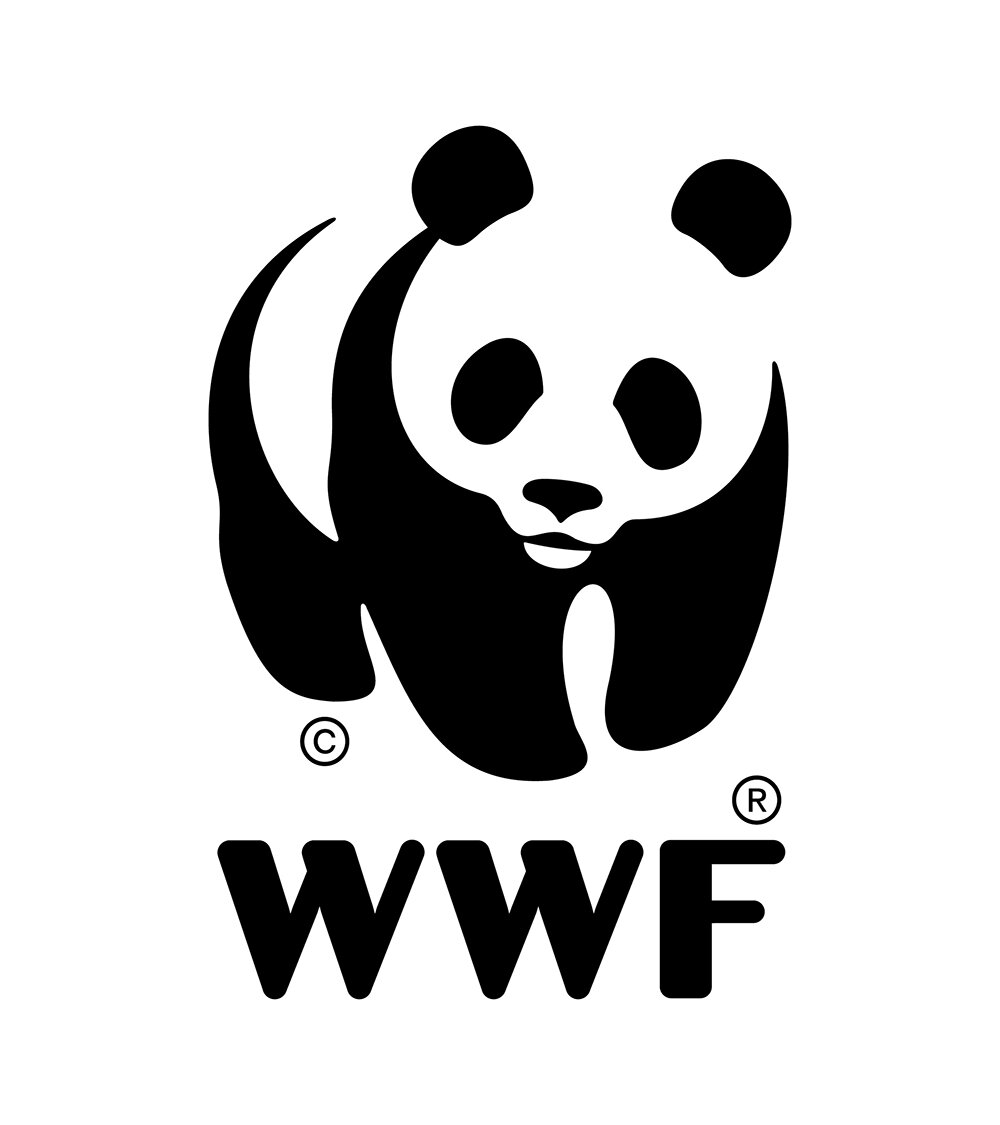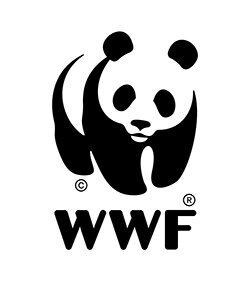WWF condemns Iceland’s decision to conduct commercial whaling
Whaling ships in Iceland © Peter Ewins / WWF-Canada
WWF condemns Iceland’s recent decision to issue new whale hunting permits for the next five years. This decision by Iceland’s outgoing government means that the country’s commercial whaling industry will be allowed to catch 209 fin whales and 217 minke whales between June and September every year from 2025 until 2029.
"Iceland’s decision to issue five year licenses for commercial whaling of fin whales is alarming and runs counter to global efforts aimed at conserving this vulnerable species. WWF strongly encourages Iceland to reconsider this course of action and focus on the enormous benefits of whales for both the local economy through the vibrant whale watching industry and the benefits whales provide to overall marine ecosystem health." said Chris Johnson, WWF Global Lead for Whale and Dolphin Conservation.
According to the IUCN Red List of Threatened Species™, fin whales (Balaenoptera physalus) are Vulnerable (VU), facing a high risk of extinction in the wild, while minke whales (Balaenoptera acutorostrata) are listed as Least Concern (LC).
The commercial whaling moratorium introduced by the International Whaling Commission (IWC) has been in place since 1982, following devastating declines in whale populations caused by decades of unsustainable whaling.
Growing evidence shows that whales play a critical role in maintaining ocean productivity and health, while also contributing to the global economy. However, whales face growing threats. Entanglement in fishing gear (bycatch), climate change, ship strikes, and pollution (chemical, plastic and underwater noise) are impacting whales, their prey, and their habitats. Whales face several of these threats simultaneously across their ranges, which is impacting recovery of populations and contributing to the decline in others. Currently, six out of 13 great whale species are classified as Endangered (EN) or Vulnerable, even after decades of protection from commercial whaling.
“With increasing human pressures on our migratory ocean giants, Iceland’s continuation of commercial whaling marks a significant step backwards for conservation. Protecting whales is essential, as they play a vital role in the health of our oceans and with benefits to us,” added Chris Johnson.
WWF has been working to conserve whales and dolphins for over 50 years, from advocating for the moratorium on commercial whaling, to designing safe and innovative field research techniques and advising how to conserve critical habitats. While WWF and our partners have made progress, cetaceans – whales, dolphins and porpoises – remain under pressure globally. In response, in 2020 WWF launched the Protecting Whales and Dolphins Initiative – a global conservation programme to equip experts, industry, policymakers and governments with tools to respond to these threats and co-design innovative solutions to safeguard our ocean giants and their migratory routes into the future - for the benefit of people and nature.
- ### -
NOTES:
For more information, please contact:
Magda Nieduzak, mnieduzak@wwf.org.au, Communications and Knowledge Management Lead, WWF Protecting Whales & Dolphins Initiative
Chris Johnson, cjohnson@wwf.org.au, Global Lead, WWF Protecting Whales & Dolphins Initiative


